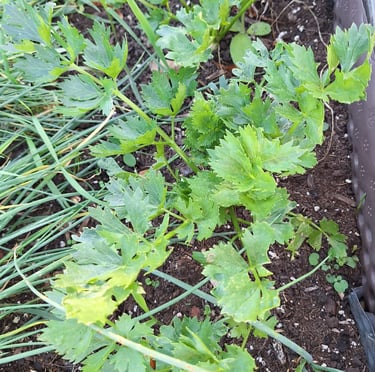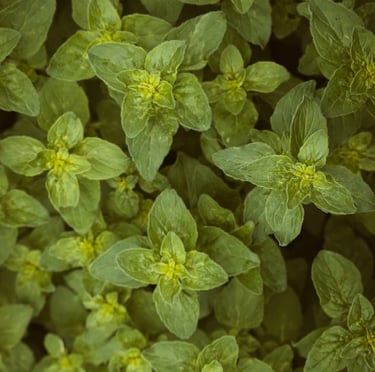10 Common Herbs And Plants That Are Best For Cooking
Cooking with herbs and vegetables out of your own garden is a cool thing we gardeners do. These cooking herbs are more than just plants, they also bring real utility to your garden.
Today we will reveal 8 herbs that we have also seen and grown in our growing lab. We will also go through their benefits and ideal growing conditions so that you can grow them in your garden and make your dishes better.


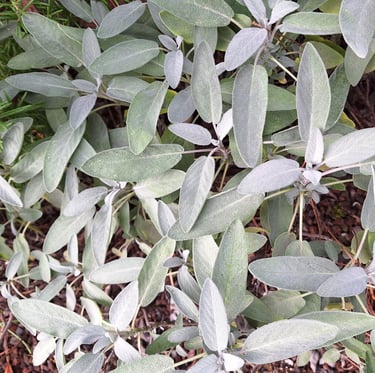

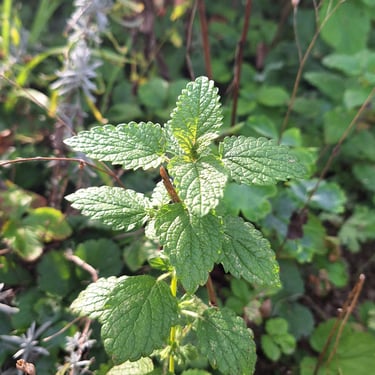

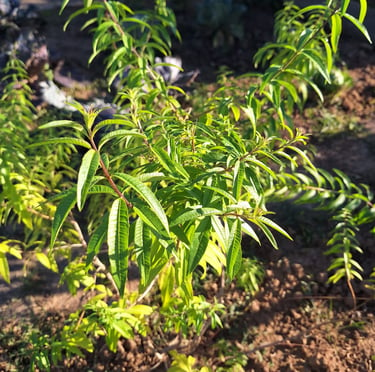

Aloysia Citrodora
The Aloysia Citrodora, also known as Lemon Beebrush, isn't really a herb it's more a small evergreen shrub. But the plant is used to make herbal teas as a liqueur flavoring and to add a lemon flavor to fish and poultry dishes, vegetable marinades, salad dressings, and more. This amazing shrub is also listed as a plant for the herb garden.




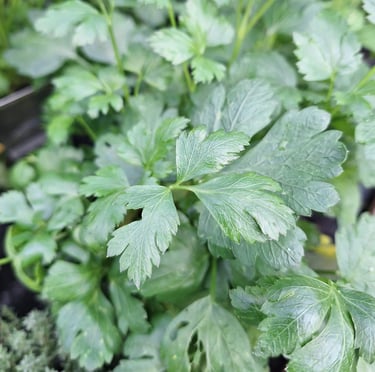

Cilantro
Cilantro, a lively addition, makes any dish ten times more refreshing and gives a completely different taste which is used in Mexican and Asian cuisines. Its leaves infuse salsas, curries, and salads with a zesty fragrance. After growing it we saw that it is best to opt for early spring or fall planting and growing to avoid bolting in hot weather and full sun.


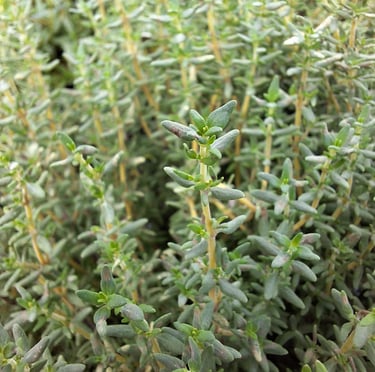

Thyme
Thyme is native to the Mediterranean regions and lends an aromatic flavor to various dishes. Its delicate leaves enrich soups, stews, and marinades. We found that it is best to plant it in early spring or fall for a thriving herb garden.


Mint
Mint, known for its refreshing taste and smell, is a nice herb, close to the clianto. It enlivens teas, cocktails, and desserts with its invigorating aroma. Consider using pots to prevent its exuberant growth in spring.




Sage
Sage, with its soft leaves, imparts an earthy aroma to stuffings and meats, but also, parallel to the Lemon Beebrush, as a tea herb. In some cases, the plant is dried and lighted for its smell when it smokes.



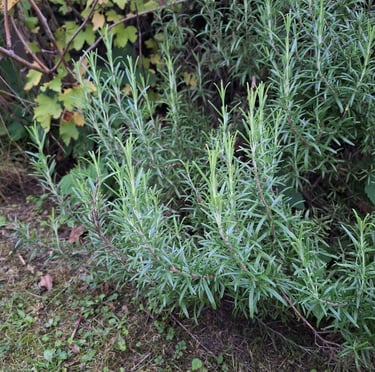

Rosemary
Rosemary, a sturdy and evergreen herb plant, is harvested in many different kitchens for its robust flavor. It elevates roasted meats and baked potatoes with its fragrant needles. For optimal growth, plant it in early spring or during fall.



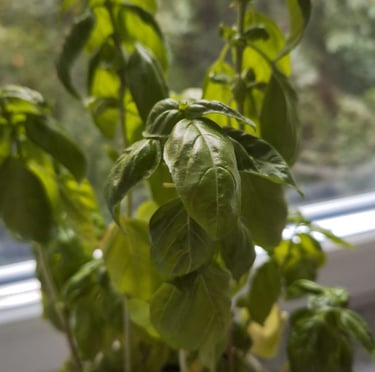

Basil
Basil, with its vibrant green leaves, is a beloved herb in culinary circles. After you grow basil herbs from seed you can start harvesting some of the leaves usually 3-4 weeks of planting. It fits well into salads, pasta, and pesto with its aromatic charm. Plant it after the last frost in late spring for the best long-term health.




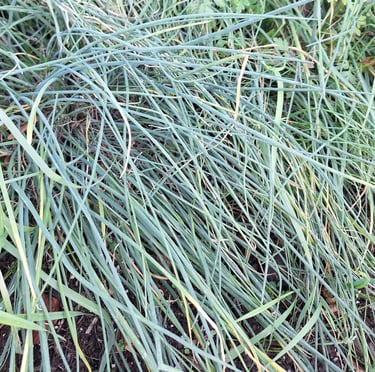

Chives
Chives, with their mild oniony touch, are perfect for cooking potatoes and eggs, garnishing salads, or sprinkling over bread with butter. They add a nice flavor. like the other herbs, it is best to plant them in early spring or fall and harvest chive herbs usually after 3-4 weeks after planting.




Sources
Nature and Sustainability uses only high-quality sources, including peer-reviewed studies to support the facts we describe in our articles. Please read our editorial policy to learn more about how we keep our content accurate, reliable, and trustworthy.
Aloysia Citrodora: Aloysia citriodora (Lemon Beebrush, Lemon Verbena) | North Carolina Extension Gardener Plant Toolbox (ncsu.edu)
Mint: Mint: Planting, Growing, and Harvesting Mint Plants | The Old Farmer's Almanac
Rosemary: Rosemary - Wikipedia
Oregano: How to Grow an Oregano Plant, According to Gardening Experts (marthastewart.com)
Share this article:




Article By:
Calin is in the garden industry for 5 years now and knows a lot about gardening and plants. He is the owner of this website and responsible for most of the content.




